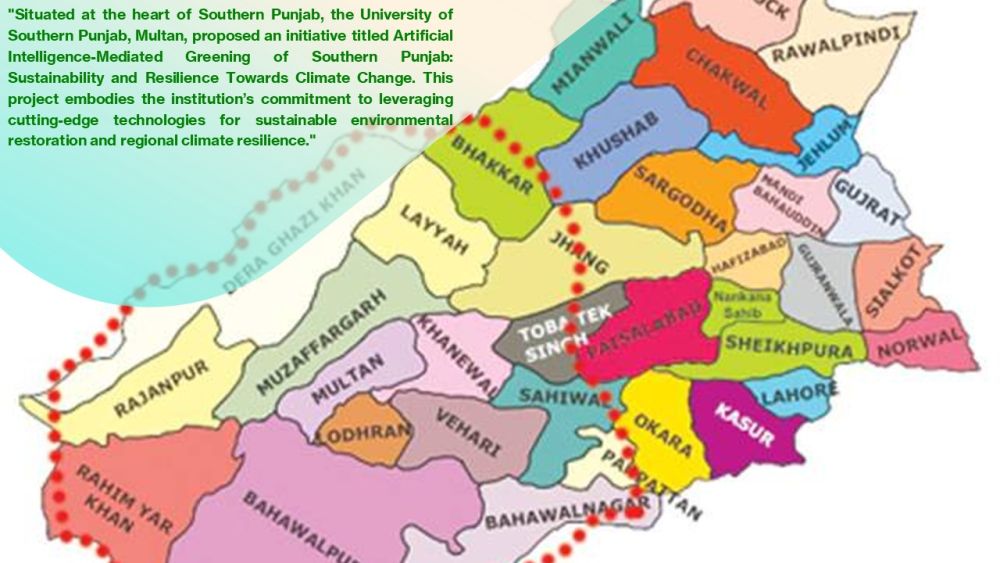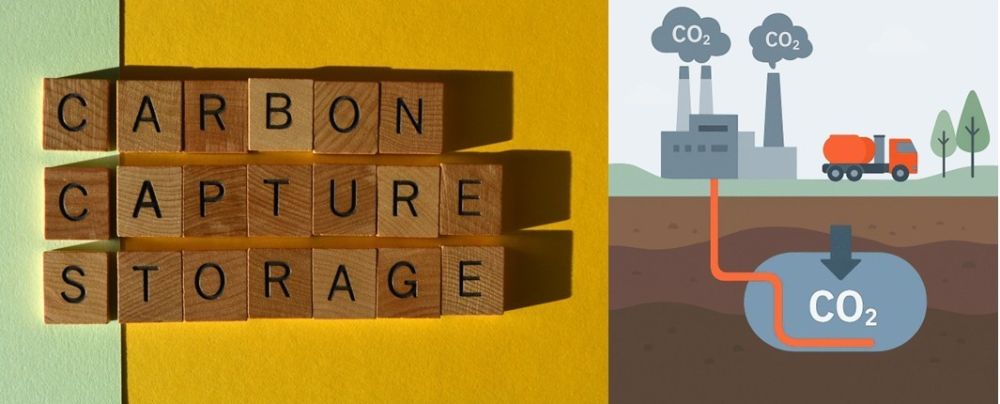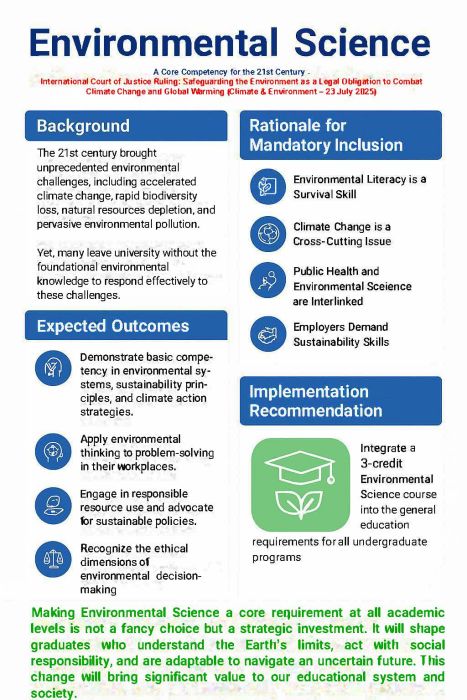47/25 Can Artificial Intelligence Save South Punjab from Climate Change?
Posted 5 months ago
Southern Punjab, Pakistan’s breadbasket and home to millions, is at a critical juncture of climate vulnerability and opportunity. Rising global temperatures harm the region's semi-arid climate, fragile ecosystems, and dwindling water resources. The situation's urgency is apparent, and conventional greening approaches have long struggled against these harsh realities. Now, a new frontier is opening: artificial intelligence.
A consortium of universities in South Punjab, under the leadership of the Rector, University of Southern Punjab, Multan in partnership with the Hissar Foundation, has proposed a bold experiment. This experiment involves AI-supported pathways to restore the environment on a large scale. The project envisions planting trees and building a digital ecosystem that can design, implement, and monitor scalable greening strategies tailored specifically for South Punjab’s unique conditions. The experiment aims to demonstrate the potential of AI in addressing climate challenges and to create a replicable model for other regions.
How It Works: Data Meets Desert
Instead of relying on guesswork, researchers will harness multispectral satellite imagery, local climate trends, soil health data, and even farmer insights to build AI-driven models. These models pinpoint priority zones for afforestation, precision irrigation, and climate-resilient crops. Machine learning algorithms will recommend which plant species can thrive, how much water they need, and how much carbon they can lock into the soil.
“Think of it as a revolution in climate restoration,” explains Dr. Mubashir Malik, Professor of Computer Science at the University of Southern Punjab Multan, a key researcher in the project. “AI gives us the unprecedented ability to predict, adapt, and act in ways traditional methods never could, offering hope for a more sustainable future.” This potential for a more sustainable future is what drives our project.
Building Capacity, Not Just Models
The project is not just about technology. A Consortium based at the University of Southern Punjab Multan, in collaboration with regional universities, trains students, farmers, and agricultural extension workers in AI tools and climate-smart practices. This ensures the knowledge is embedded locally rather than locked in elite labs. Farmers will not just passive recipients but active participants in this transformation, fostering a strong sense of shared responsibility and community engagement.
Prominent features of project involves:
- This inclusivity is a key aspect of our project.
- The expected outcomes will be realistic based on gradual empirical findings:
- This will help us in identify more innovative greening strategies backed by real-time data.
- Expanded vegetation cover, with an emphasis on vegetables and fruit crops that boost both nutrition and income.
- Improved water-use efficiency is critical in a region where every drop counts.
- Will know about carbon neutrality targets, with measurable gains in biodiversity restoration.
Why South Punjab Matters?
South Punjab is not just another climate-stressed region. It represents a microcosm of challenges facing many parts of the developing world: water scarcity, food insecurity, and fragile livelihoods. If AI can help rewrite its ecological story, it offers a blueprint for similar regions from Sub-Saharan Africa to Central Asia.
The Bigger Picture
Climate change is no longer a distant threat but an unfolding reality. This initiative reframes adaptation as a data-driven, participatory process by merging advanced AI methodologies with deep community engagement. It is not merely about saving trees but about reimagining sustainability in one of Pakistan’s most vulnerable regions.
According to the Rector of the University of Southern Punjab Multan, Southern Punjab may soon become a testbed for investors, policymakers, and innovators to see how emerging technologies can tackle climate stress at scale. If the university receives support from the Government of Punjab, this project could shift the narrative from despair to design, one where artificial intelligence doesn’t just predict the climate crisis but helps solve it.





